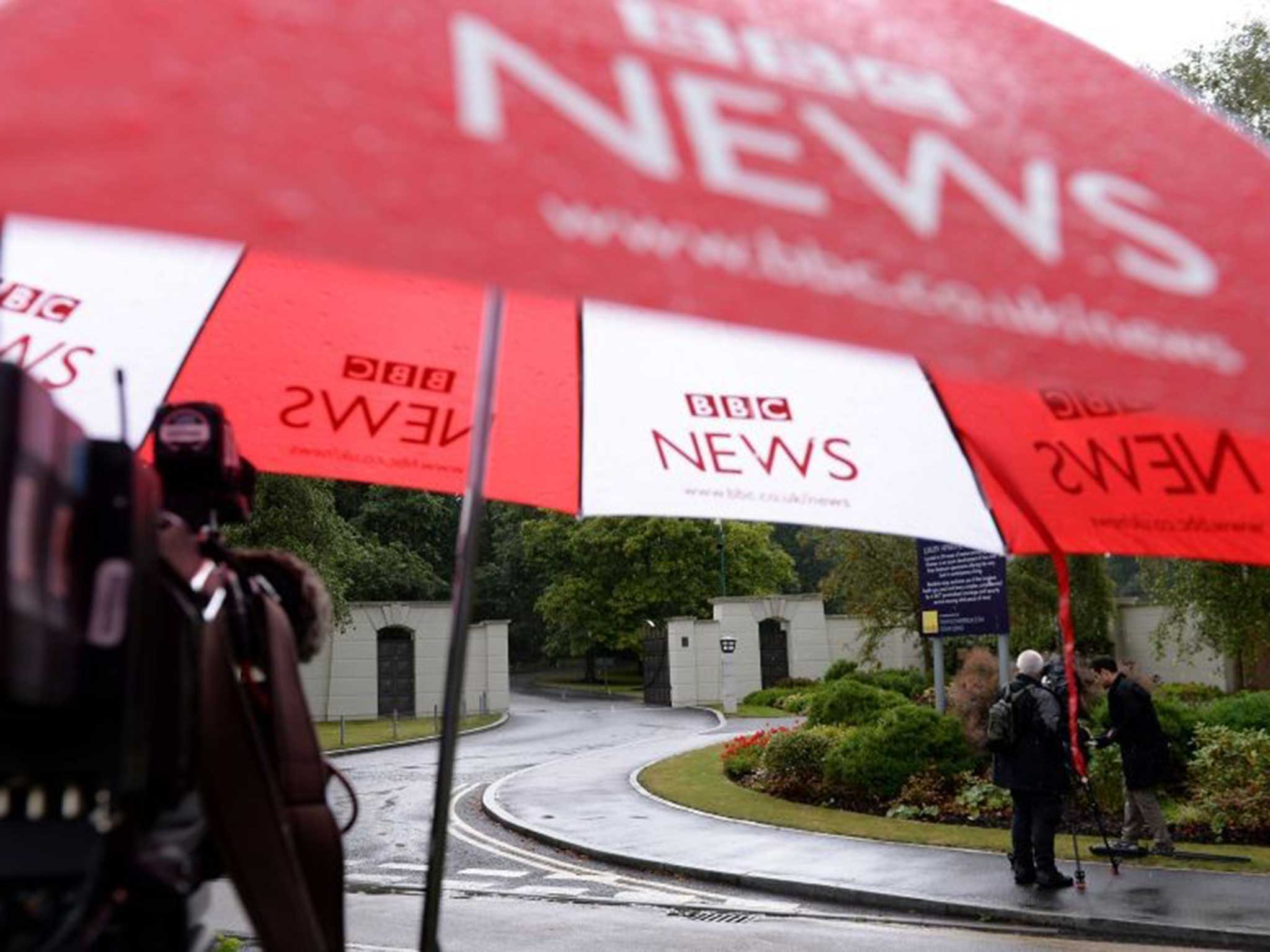Cliff Richard officers may be disciplined over alleged 'witch-hunt'
BBC has been heavily criticised over how it broke the story

Police officers have been warned they could face disciplinary action over their dealings with the BBC before the highly public five-hour search of Sir Cliff Richard’s home following an allegation of historic child abuse.
The corporation came under fire from politicians, senior police and one of its former journalists, Sir Michael Parkinson, after it broke the story of the probe into the 73-year-old singer, who was reportedly preparing to return from holiday in Portugal to face police questioning over the affair.
The College of Policing – which has drawn up an ethical code for officers – said South Yorkshire police and the BBC had to explain the circumstances of how the Corporation was made aware of the search at the £3.1m home, which it said was normally a “closely guarded secret”.
“If the information was an unauthorised disclosure from within policing then it would be contrary to the Code of Ethics and the person concerned should be held to account,” said chief constable Alex Marshall, the college’s chief executive.
South Yorkshire police has complained to the BBC and accused it of breaching its own editorial guidelines over filming of the search, which followed an allegation of a sexual assault on a boy under the age of 16 at a Billy Graham evangelical gathering in Sheffield in 1985.
In an interview with ITV, Sir Michael described the treatment of Sir Cliff as a witch-hunt and demanded greater protection for people’s anonymity before any charges were laid.
“I think the BBC did create an error in judgement, not in understanding the story and having the story and trying to follow it through, but in reacting to the story in a kind of way that would have done the red tops credit,” he said.
South Yorkshire Police said it was “disappointing” that the BBC was slow to acknowledge that the force was not the source of the “leak” about the investigation. It acknowledged that it did confirm to a reporter at the corporation the date of the search of Sir Cliff’s house, but only because the BBC had already contacted the force to say it knew about a planned investigation.
Sir Cliff, who was in Portugal when the search took place, firmly denied any wrongdoing and criticised the fact that BBC journalists were apparently tipped off about the plan.
South Yorkshire police said it was reluctant to cooperate but feared it would lose any potential evidence and struck a deal with the reporter to delay his story in return for being told about the search date.
It said: “Contrary to media reports, this decision was not taken in order to maximise publicity. It was taken to preserve any potential evidence.”
Keith Vaz, chairman of the Commons home affairs select committee, said he was writing to South Yorkshire police’s chief constable David Crompton to demand an explanation for the force’s actions, saying “serious questions need to be asked” about the handling of the matter, the Telegraph said. The force added it would welcome an investigation into the original leak.
